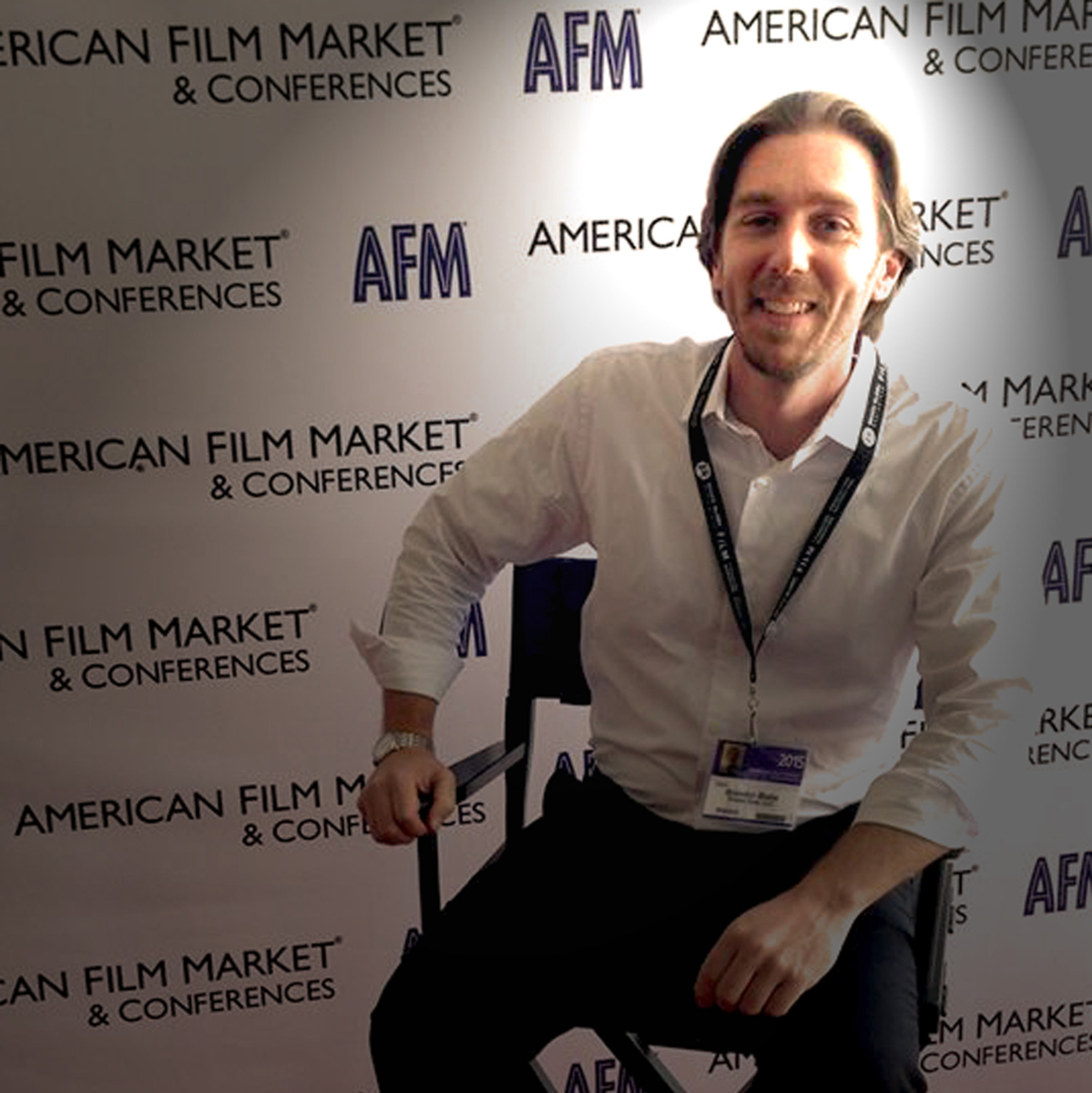With the boom in interest in AI technology, it was inevitable we would see matters of copyright and creation begin to rear their heads, too. It’s long been clear that machine-generated works do not qualify for copyright protection- however, last week we’ve seen the U.S. Copyright Office allow one little loophole- where a person has ‘selected or arranged’ an AI-assisted work in a ‘sufficiently creative way that the resulting work constitutes an original work of authorship.’ It’s a decision that could have big repercussions for the entertainment world, so Brandon Blake, entertainment attorney with Blake & Wang P.A, has the case details.

Zaraya of the Dawn
While almost all AI technology-assisted entertainment media continues to be rejected, a comic book with the title Zaraya of the Dawn has been allowed to apply for copyright. With the caveat that its AI-generated images were not included under the protection.
We’ve seen a variety of courts rule that copyright can only be given to works made by humans. This does include photographs, as long as they can be defined as ‘original intellectual conceptions of the author.’ Copyright is, itself, considered to be the product of an "author," which has been defined as a natural person This has been upheld through Federal appeals courts, too. We’ve seen everything from photos ‘taken’ by animals, to the now ever-present AI/machine generated works specifically denied, with the onus being on having creative input from a human author to qualify.
Lack of Creative Control
In tackling this matter, the Office reiterated that generative AI tech does not allow full creative control over the interpreted prompts, likening them to commissioned artists. It made clear that the extent to which a human having creative control over the work is seen to be the creative (and only protectable) factor. For a given example, a digital artist heavily modifying AI art could be protected, but only the human modifications.
The matter will not be left there, however. In the April/May period, the Office is planning to host open sessions with a variety of AI developers, artists, and lawyers, as well as public comment, on a wide range of AI-focused issues, so we may see this develop further with time.